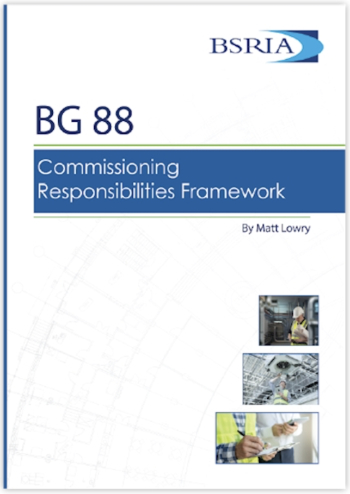Builders' lien
A builders' lien or construction lien is a legal claim made by contractors, subcontractors, or suppliers against a property they have worked on or supplied materials to. It serves as a security interest in the property to ensure payment for work performed or materials provided.
The main purpose of a builders' lien is to provide protection for those involved in the construction process by ensuring they receive payment for their contributions. It acts as a form of collateral against the property until the debt is settled.
To file a lien, the claimant must typically register their interest with the appropriate authority. In the UK, this process involves submitting a claim to the High Court or the County Court. The lien must be filed within a specific time frame from when the work was completed or the materials were supplied, usually within 6 months. Once filed, it encumbers the property, meaning the property cannot be sold or refinanced without first addressing the lien. This provides leverage to the claimant to ensure they are paid.
Liens generally have a priority order, meaning some liens may take precedence over others. In the UK, the order of priority is typically determined by the date the lien was filed.
To resolve a builders' lien, the property owner must pay the debt owed to the claimant. This can be through direct payment or through other arrangements such as settlement negotiations. Once the debt is settled, the lien is removed from the property. If the debt is not paid, the claimant may enforce the lien through legal action, which can result in the sale of the property to satisfy the debt.
Proper notice must be given to the property owner before filing a lien. This typically involves a written notice outlining the claim and the amount owed. Strict time limits apply to filing and enforcing a builders' lien. Missing these deadlines can result in losing the right to claim the lien. Detailed and accurate records of the work performed and materials supplied are essential to support a lien claim. This includes contracts, invoices, and correspondence related to the project.
A builders' lien provides a critical tool for those in the construction industry to secure payment and protect their financial interests. However, it also imposes significant obligations and risks for property owners, who must be aware of their rights and responsibilities in managing and contesting lien claims.
[edit] Related articles on Designing Buildings
Featured articles and news
Commissioning Responsibilities Framework BG 88/2025
BSRIA guidance on establishing clear roles and responsibilities for commissioning tasks.
An architectural movement to love or hate.
Don’t take British stone for granted
It won’t survive on supplying the heritage sector alone.
The remarkable story of a Highland architect.
The Constructing Excellence Value Toolkit
Driving value-based decision making in construction.
Meet CIOB event in Northern Ireland
Inspiring the next generation of construction talent.
Reasons for using MVHR systems
6 reasons for a whole-house approach to ventilation.
Supplementary Planning Documents, a reminder
As used by the City of London to introduce a Retrofit first policy.
The what, how, why and when of deposit return schemes
Circular economy steps for plastic bottles and cans in England and Northern Ireland draws.
Join forces and share Building Safety knowledge in 2025
Why and how to contribute to the Building Safety Wiki.
Reporting on Payment Practices and Performance Regs
Approved amendment coming into effect 1 March 2025.
A new CIOB TIS on discharging CDM 2015 duties
Practical steps that can be undertaken in the Management of Contractors to discharge the relevant CDM 2015 duties.
Planning for homes by transport hubs
Next steps for infrastructure following the updated NPPF.
Access, history and Ty unnos.
The world’s first publicly funded civic park.
Exploring permitted development rights for change of use
Discussing lesser known classes M, N, P, PA and L.
CIOB Art of Building photo contest 2024 winners
Fresco School by Roman Robroek and Once Upon a Pass by Liam Man.























